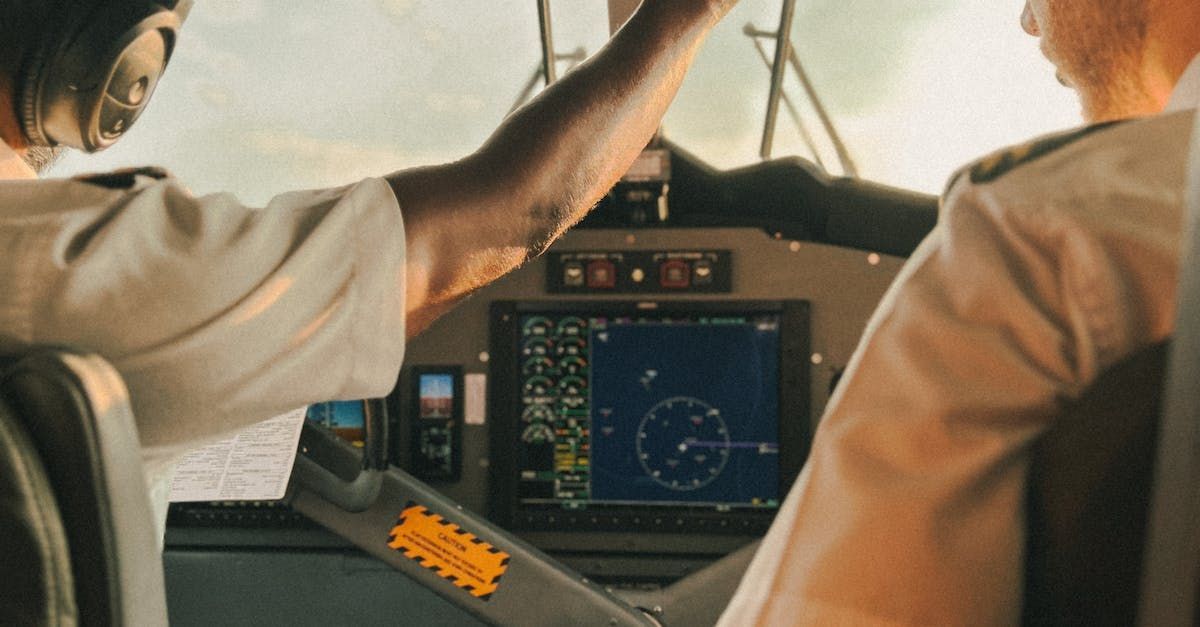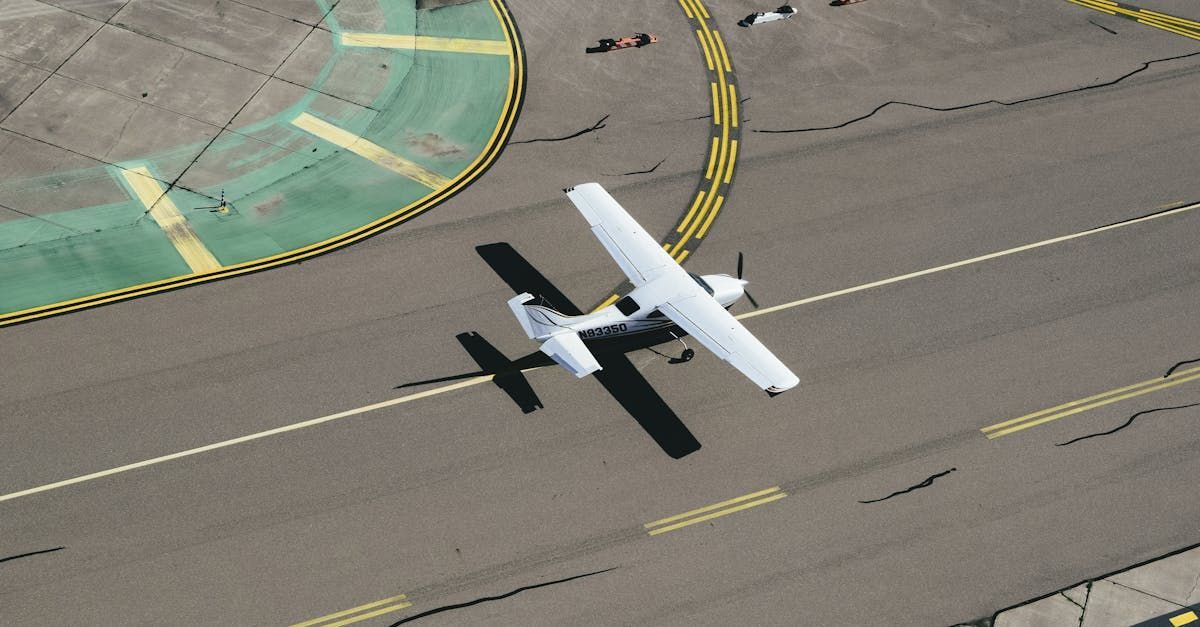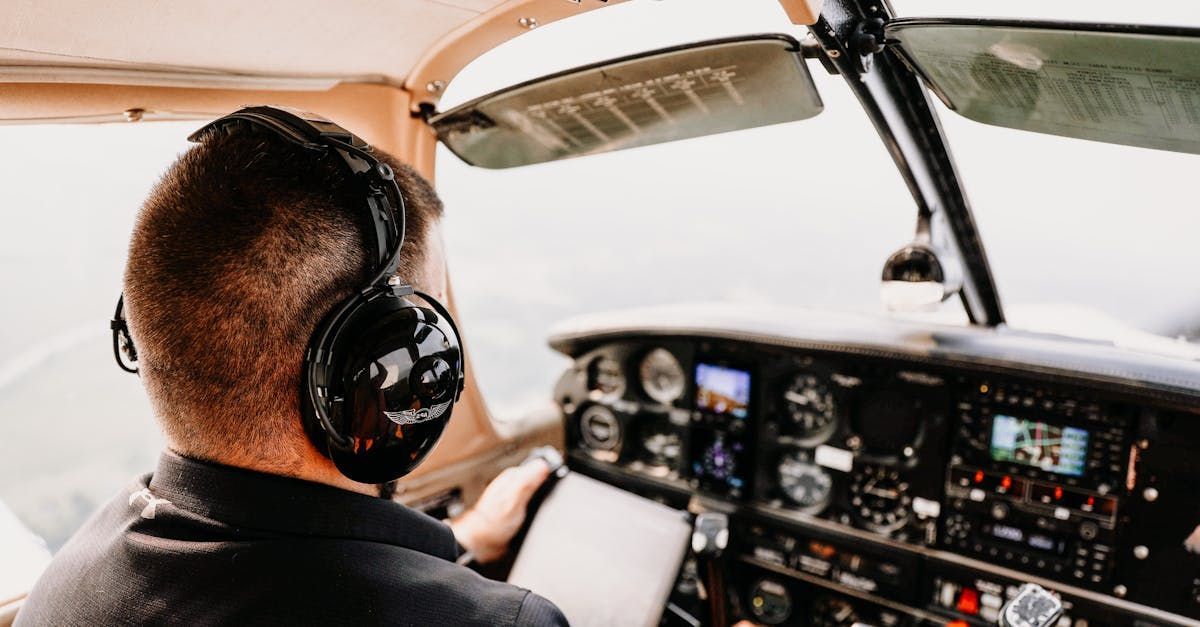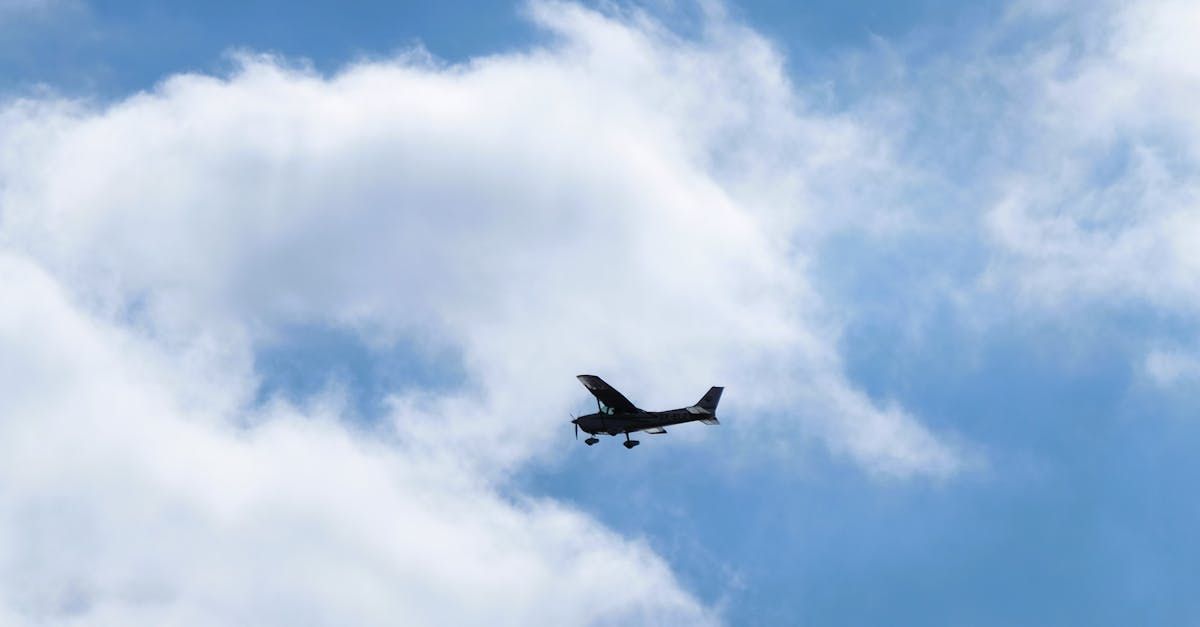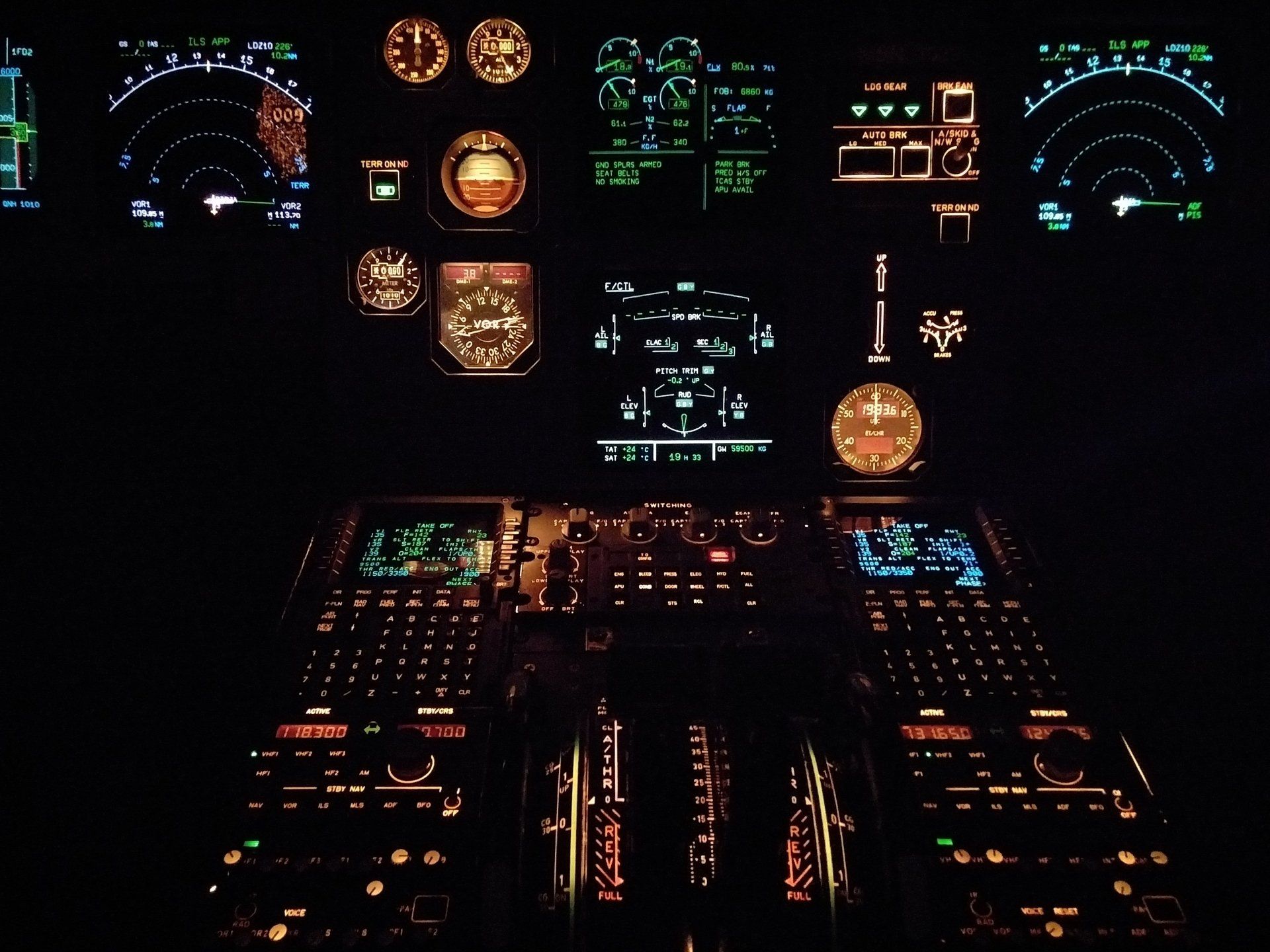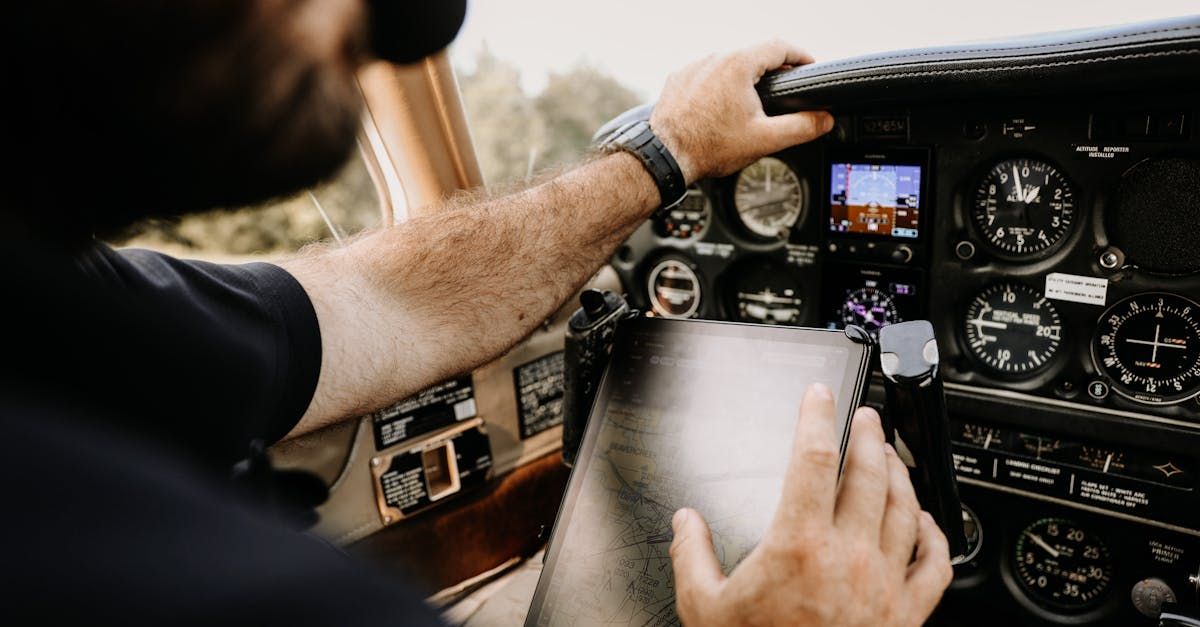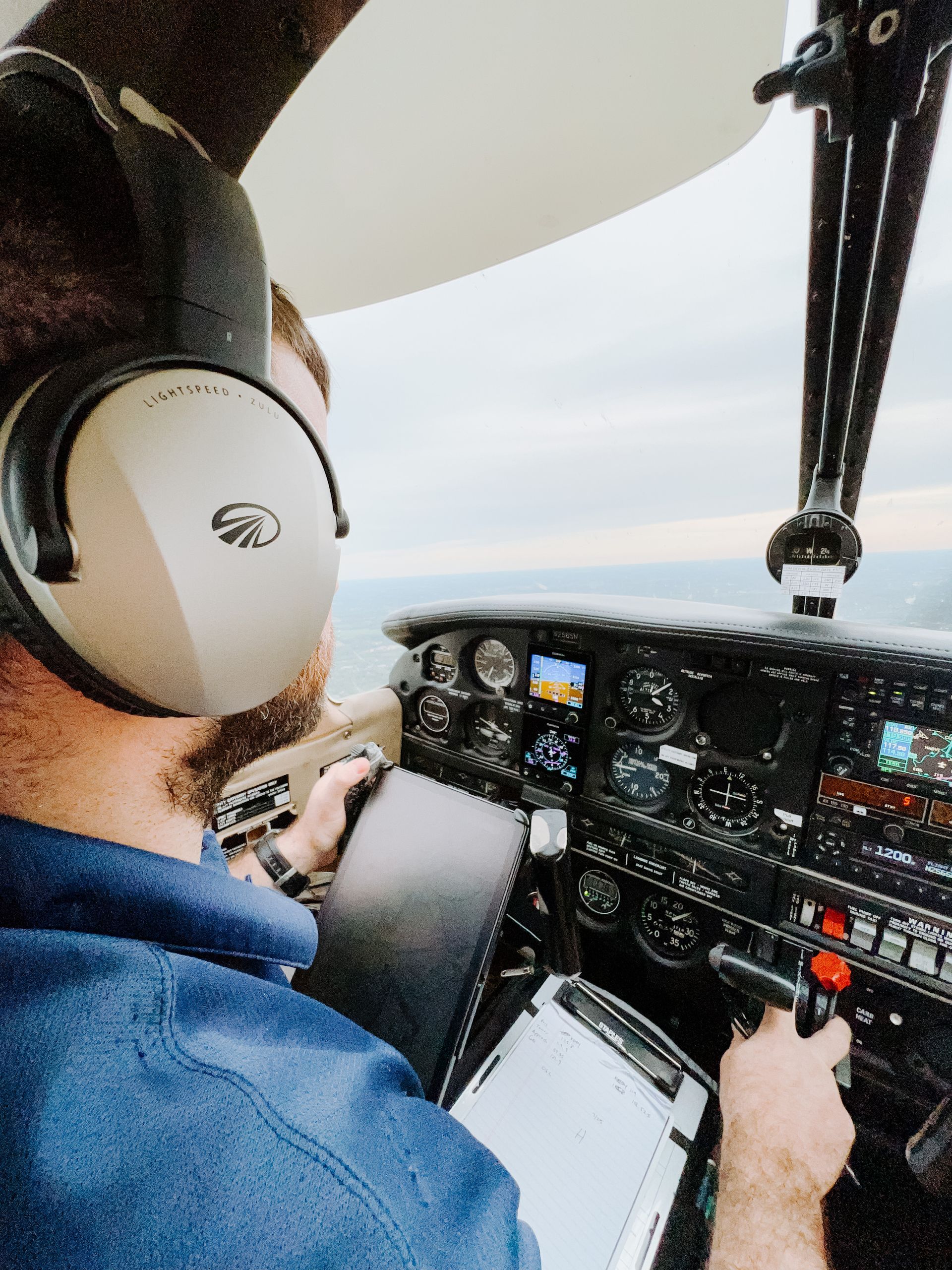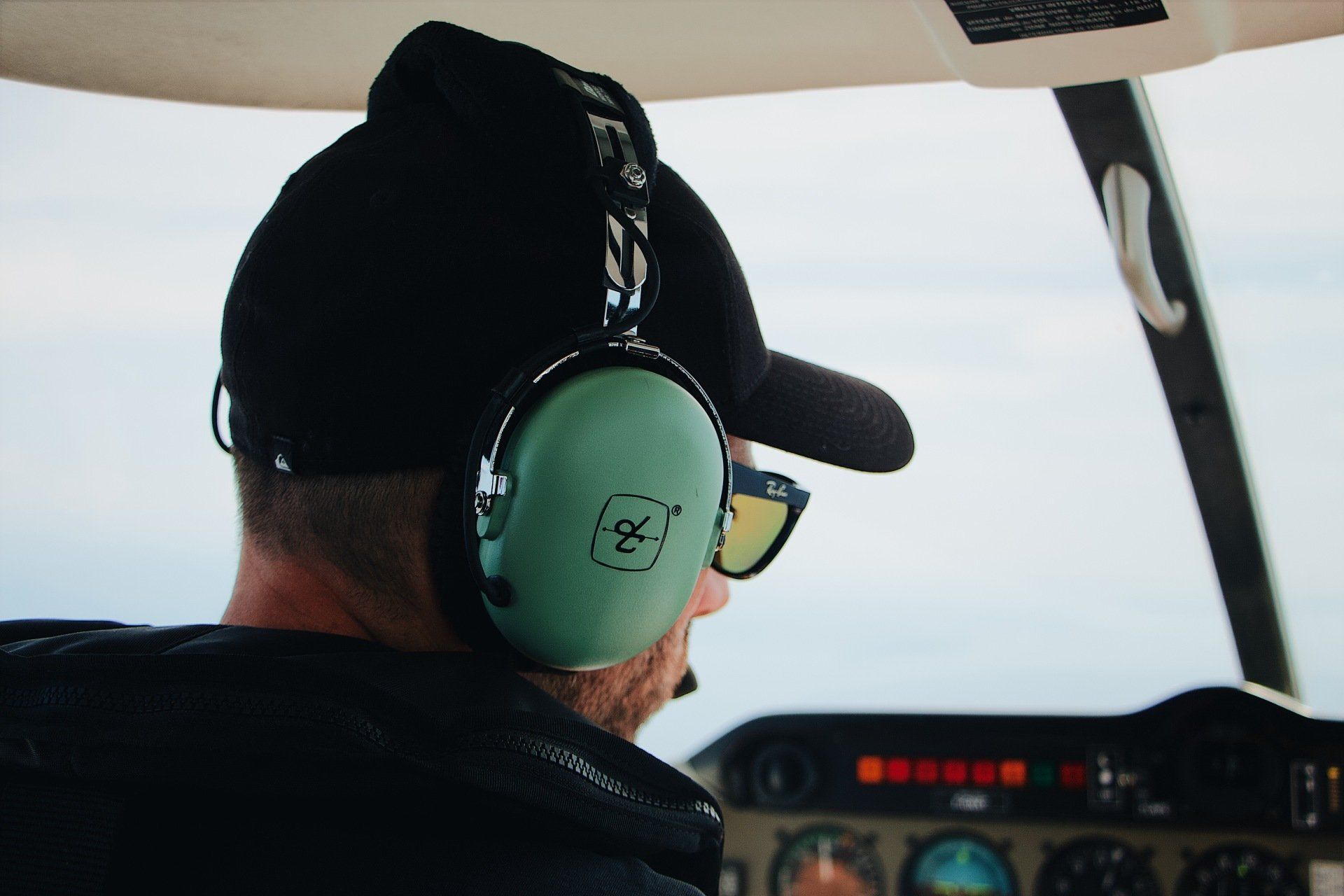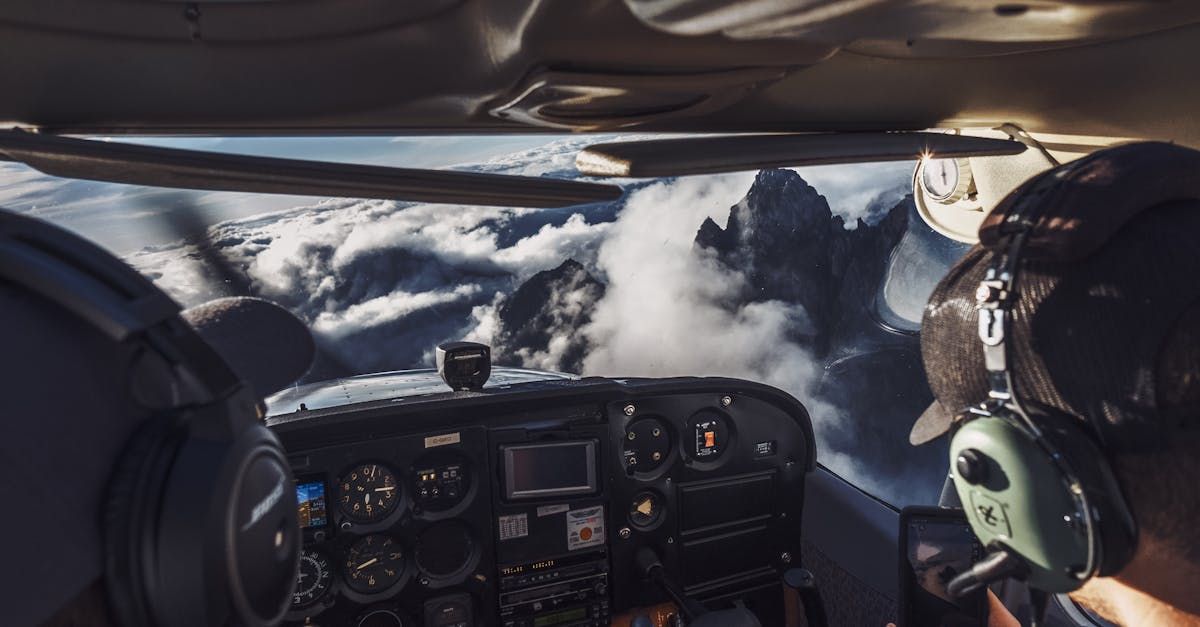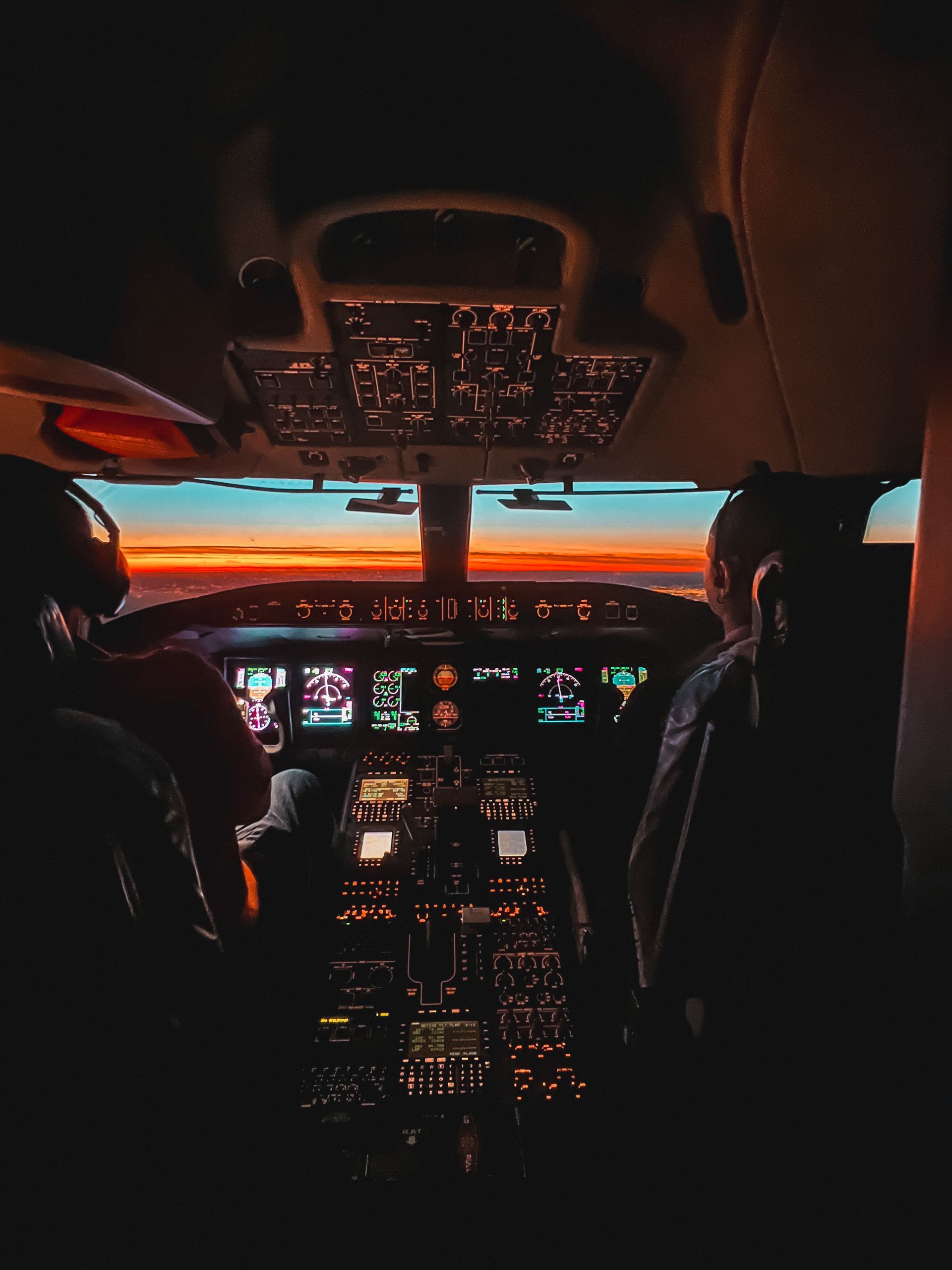What to Expect in Your First 40 Hours of Flight Training
Your flight path to earning your wings.

As you embark on the journey to earn your wings, the first 40 hours of flight training are a pivotal time of learning and personal development. This period is where the fundamentals of flying are ingrained, and a new understanding of the skies is born. Here’s what you can expect during these initial, crucial hours.
The Basics of Flight
The first few hours will be an exhilarating whirlwind of new experiences. You'll learn the basic operations of the aircraft, including starting the engine, taxiing, take-offs, and landings. In the beginning, your instructor will do much of the flying, but as you gain confidence, you'll take the controls more often.
Theoretical Groundwork
Simultaneously, you'll undergo ground school where you’ll cover essential theoretical knowledge pertinent to flying. This includes aerodynamics, navigation, meteorology, and aviation law. This knowledge is not only vital for flying but necessary to pass your written exams.
First Solo Flight
A momentous occasion in any pilot's career is the first solo flight. This occurs after you’ve nailed the basics and your instructor deems you competent to fly alone safely. It's a short flight, but an incredibly significant milestone.
Building Confidence and Skills
As you accumulate hours, you'll build your flying skills and confidence. You'll start learning more advanced manoeuvres, such as stalls and steep turns, and how to handle various in-flight scenarios. It's all about reinforcing what you've learned and mastering the aircraft's controls.
Cross-Country Flying
Beyond soloing, another important aspect is learning cross-country flying. Here you will plan and fly to different airports, learning how to navigate using both visual references and instruments. This is essential for building the experience required for longer flights.
Understanding Air Traffic Control
Communication is key in aviation. Part of your training will involve understanding and effectively communicating with air traffic control (ATC). Learning aviation's unique language is a crucial skill every pilot must possess.
Emergencies and Safety
Learning to handle emergencies is an integral part of your training. You'll practice dealing with various potential issues, from engine failures to changes in weather. Safety is paramount, and these exercises ensure you're well-prepared for any situation.
Night Flying
For many pilots, the first time flying at night is an awe-inspiring experience. You'll learn the nuances of flying in the dark and how to navigate using visual cues like city lights and stars.
Instrument Training
Even if you're training for a visual flight rules (VFR) rating, you'll get an introduction to instrumental flight rules (IFR), which can be a whole different ballgame. Understanding how to fly without visual references outside is a critical skill.
Preparation for Flight Test
Approaching the 30-hour mark, your training will start to focus on preparing for the flight test. Your instructor will help polish your skills and knowledge to ensure you're ready for this culminating assessment.
The first 40 hours of flight training are both challenging and incredibly rewarding. They set the stage for your entire flying career, embedding the principles and practices that will define your capabilities as a pilot. With dedication and discipline, these hours will provide a solid foundation for a lifetime of flying adventures.
